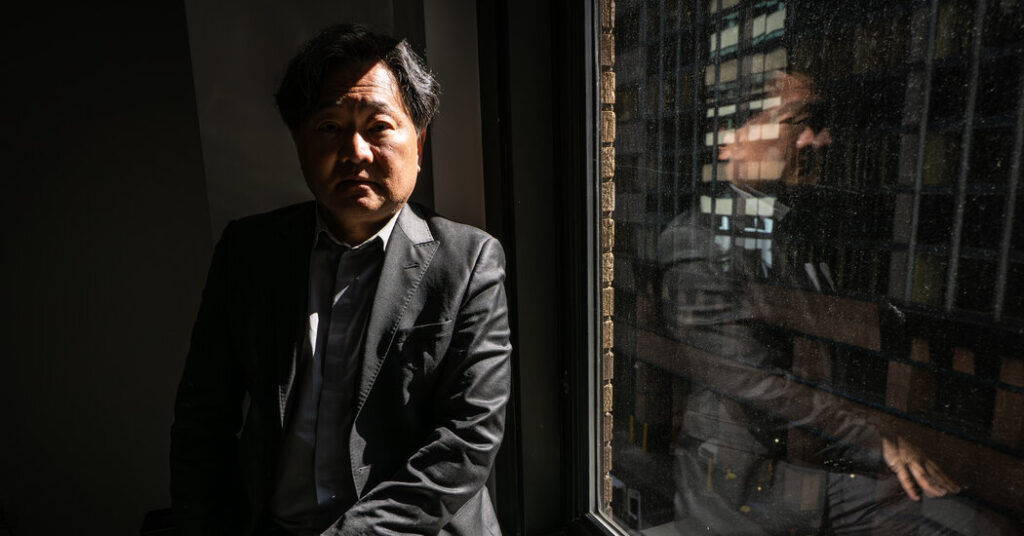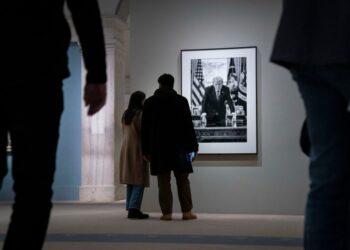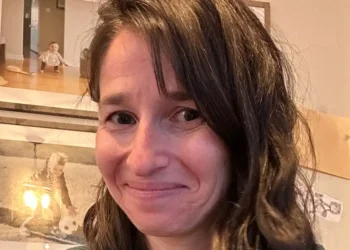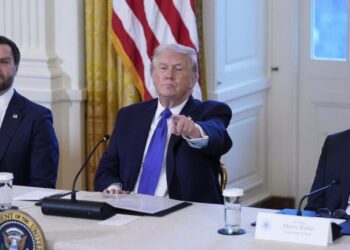An obstetrician who has practiced in Manhattan for nearly three decades may be extradited to his native Japan to face charges of damaging two ancient religious sites, a federal appeals court ruled on Tuesday.
The ruling means that the extradition of the doctor, Masahide Kanayama, will most likely be carried out. The U.S. State Department, which has the final say on extraditions, said last month that it would authorize the step. The Justice Department has said that it would delay any removal until the doctor’s legal appeals were complete.
Dr. Kanayama, 63, is an expert in endometriosis, a condition in which cells similar to those in the uterine lining grow outside the uterus. He is also a Christian who says that when guided by faith, medicine becomes a way to serve God by serving others. Legions of patients have described how his surgeries alleviated their crippling pain and, in some cases, allowed them to have children.
But in 2015, the Japanese authorities say, Dr. Kanayama left an oily liquid on a thousand-year-old Buddhist temple on the outskirts of Tokyo and, less than an hour later, on a nearby Shinto shrine founded in 643 B.C. during the reign of Japan’s first emperor.
The authorities said they had traced the acts to Dr. Kanayama through surveillance footage at the two sites along with car rental, toll and flight records. They also cited YouTube videos from 2012 that showed a man Japanese officials said was Dr. Kanayama talking about anointing shrines with oil for religious purposes. Japan asked the United States to extradite Dr. Kanayama, a request he has been fighting ever since.
Two federal judges have ruled in recent years that Dr. Kanayama’s case meets the legal standard for extradition. In Japan, he would be tried and could face up to five years in prison if convicted, his lawyer, Jeffrey Lichtman, has said.
In a recent article in The New York Times, Mr. Lichtman denied that his client had damaged any sites and said there was insufficient evidence to charge him. Dr. Kanayama and his lawyer argued that the doctor had been targeted by Japan because he was a Christian from a country where members of that faith suffered hundreds of years of repression and today make up only about 1 percent of the population.
On Tuesday, Mr. Lichtman said he would ask the appeals court to stay its ruling until he could seek review by the U.S. Supreme Court.
“At this point,” Mr. Lichtman said, “we are hoping Dr. Kanayama’s plight catches the attention of the White House, and that President Trump saves Dr. Kanayama from extradition so he can continue to do his good work helping women throughout America and the world.”
He said Dr. Kanayama had no comment.
The State Department did not immediately respond to a request for comment.
In its order on Tuesday, a three-judge panel of the U.S. Court of Appeals for the Second Circuit rejected Dr. Kanayama’s arguments that the offenses of which he is accused are not covered by a treaty between the two countries, and that the evidence does not support a finding of probable cause that he committed them.
The judges included Gerard E. Lynch, who was appointed by President Barack Obama; and William J. Nardini and Steven J. Menashi, who were appointed by President Trump.
The Japanese consulate in New York did not immediately respond to a request for comment on Tuesday. The consulate has previously said that Japan’s extradition request was based “strictly on law and evidence” and was “in no way motivated by political or religious considerations.”
Benjamin Weiser is a Times reporter covering the federal courts and U.S. attorney’s office in Manhattan, and the justice system more broadly.
The post N.Y. Doctor Accused of Desecration Can Be Sent to Japan, Court Rules appeared first on New York Times.




